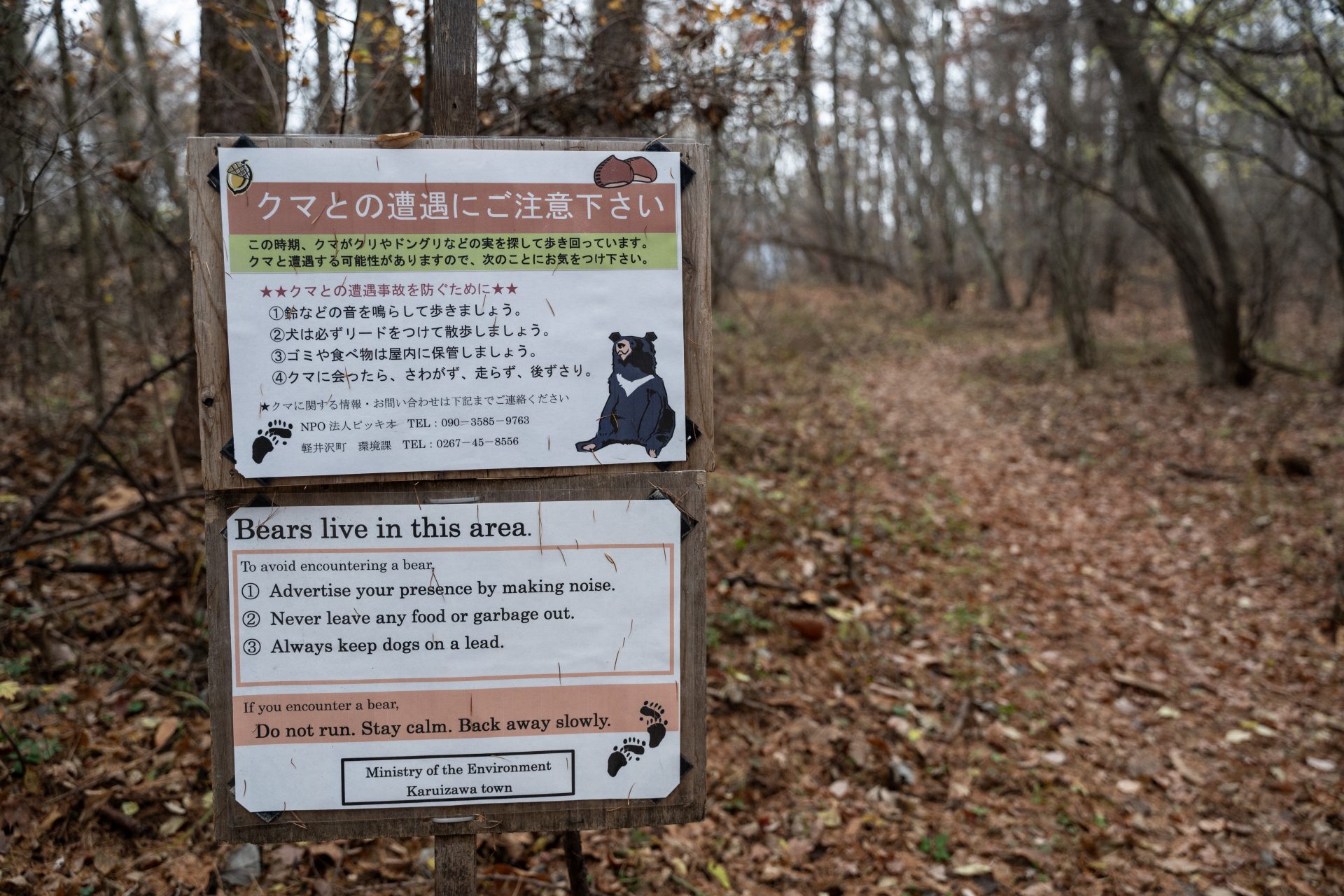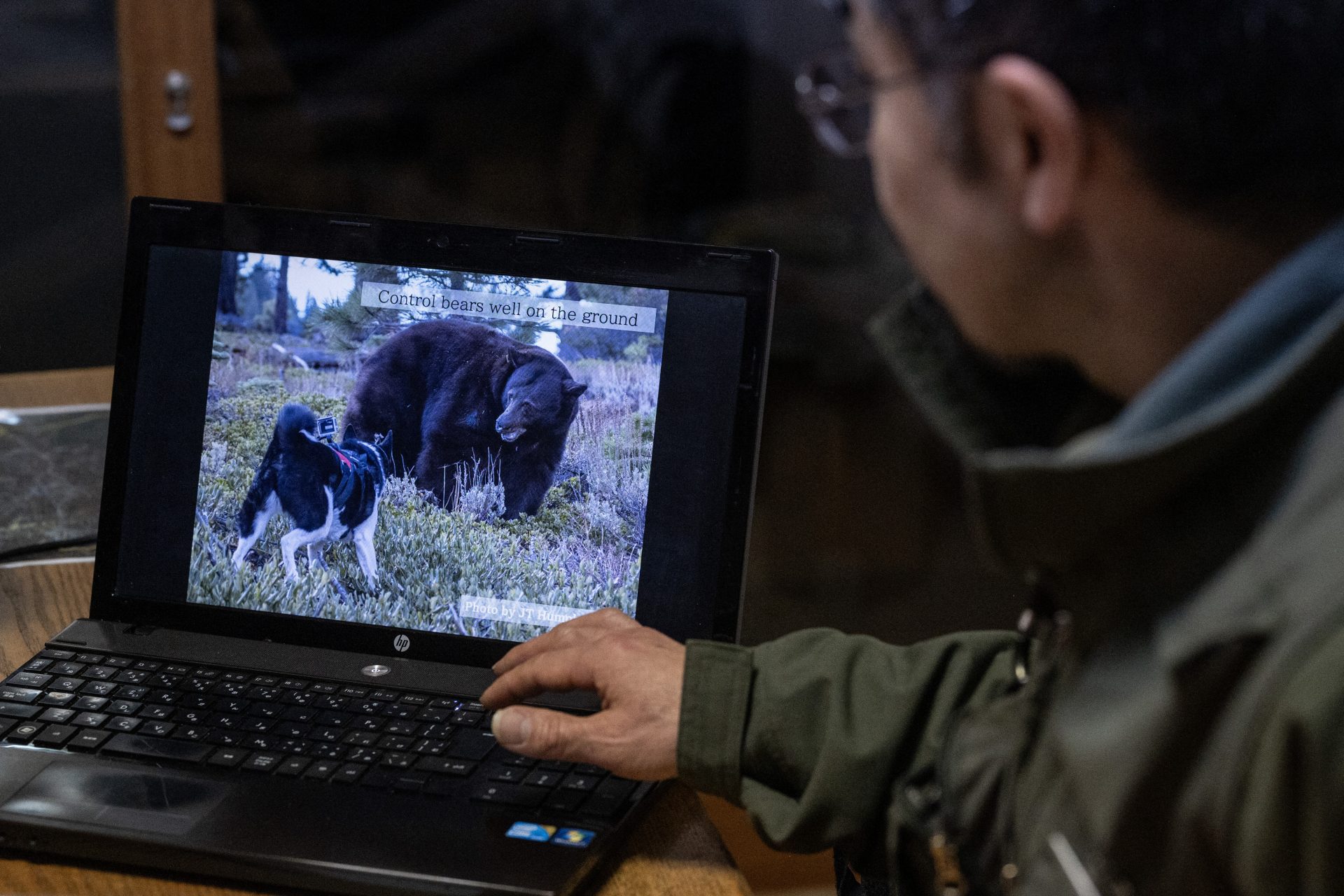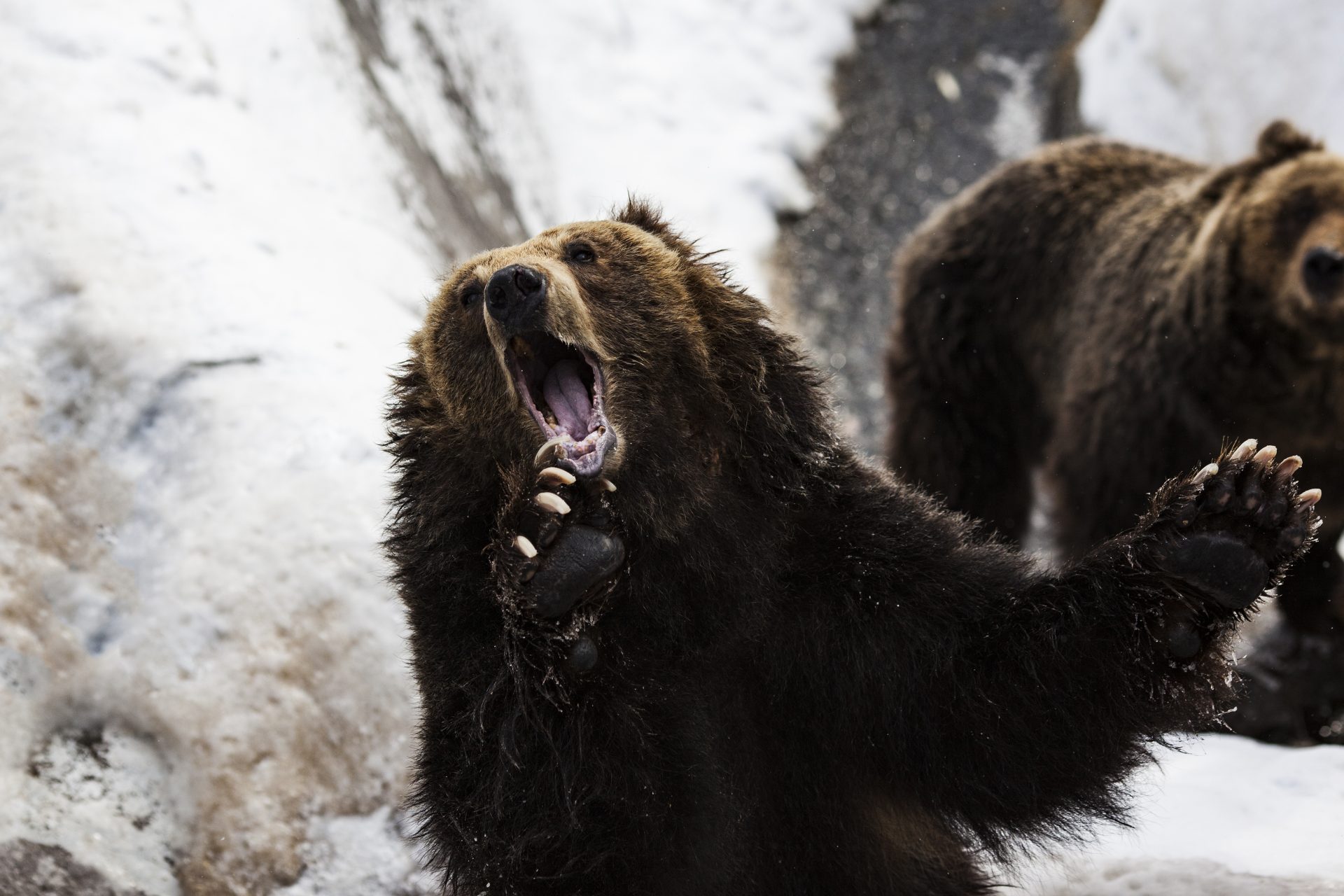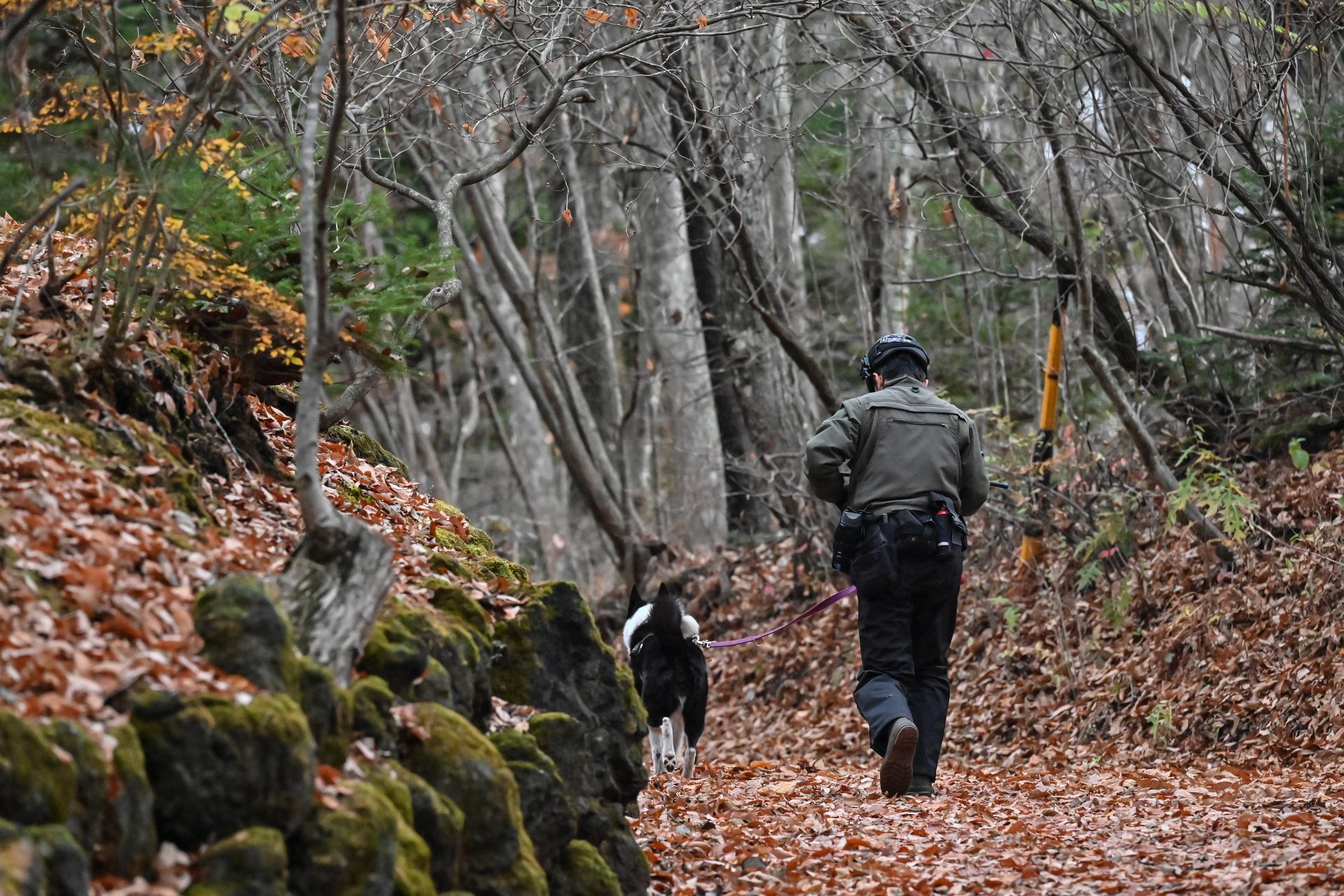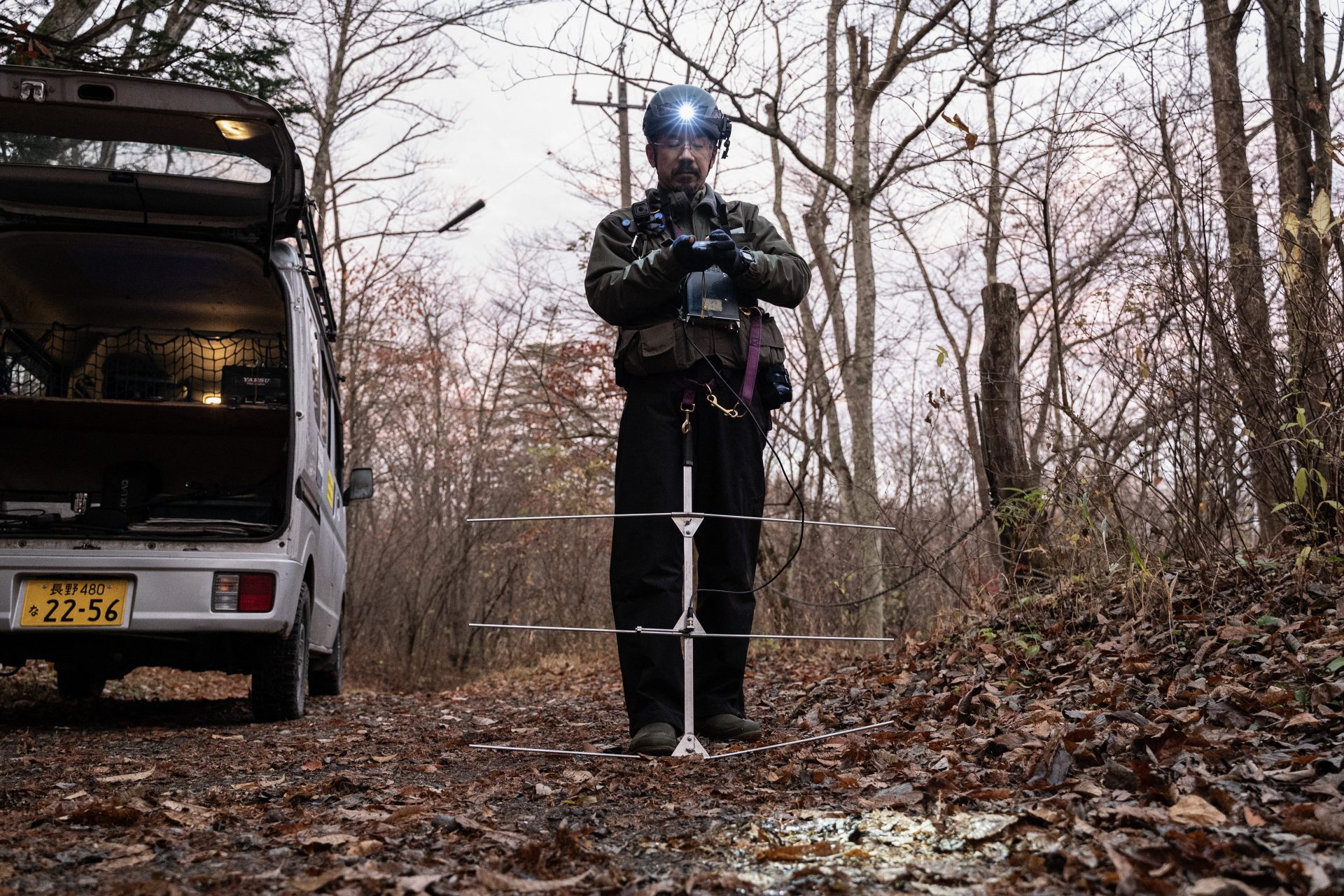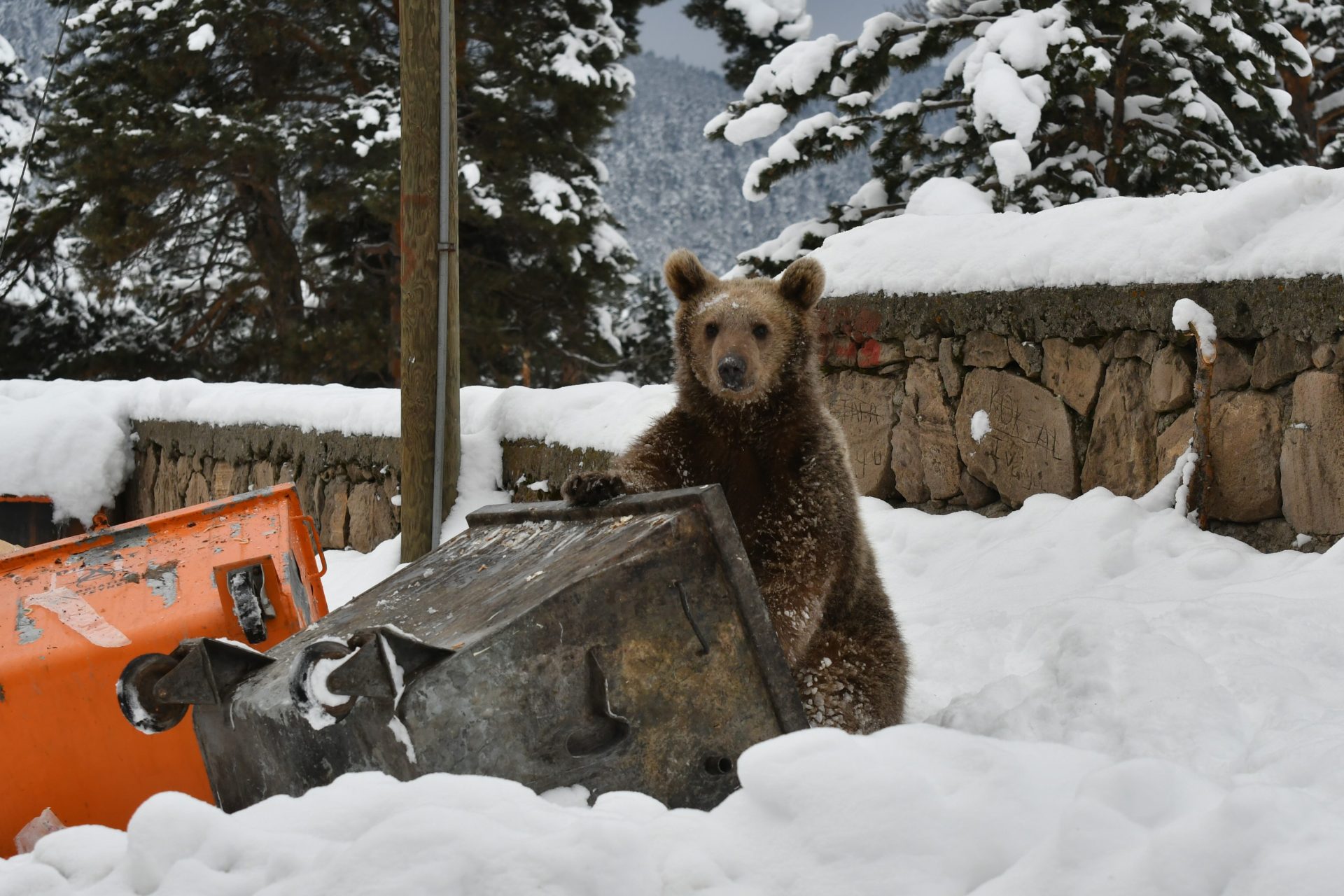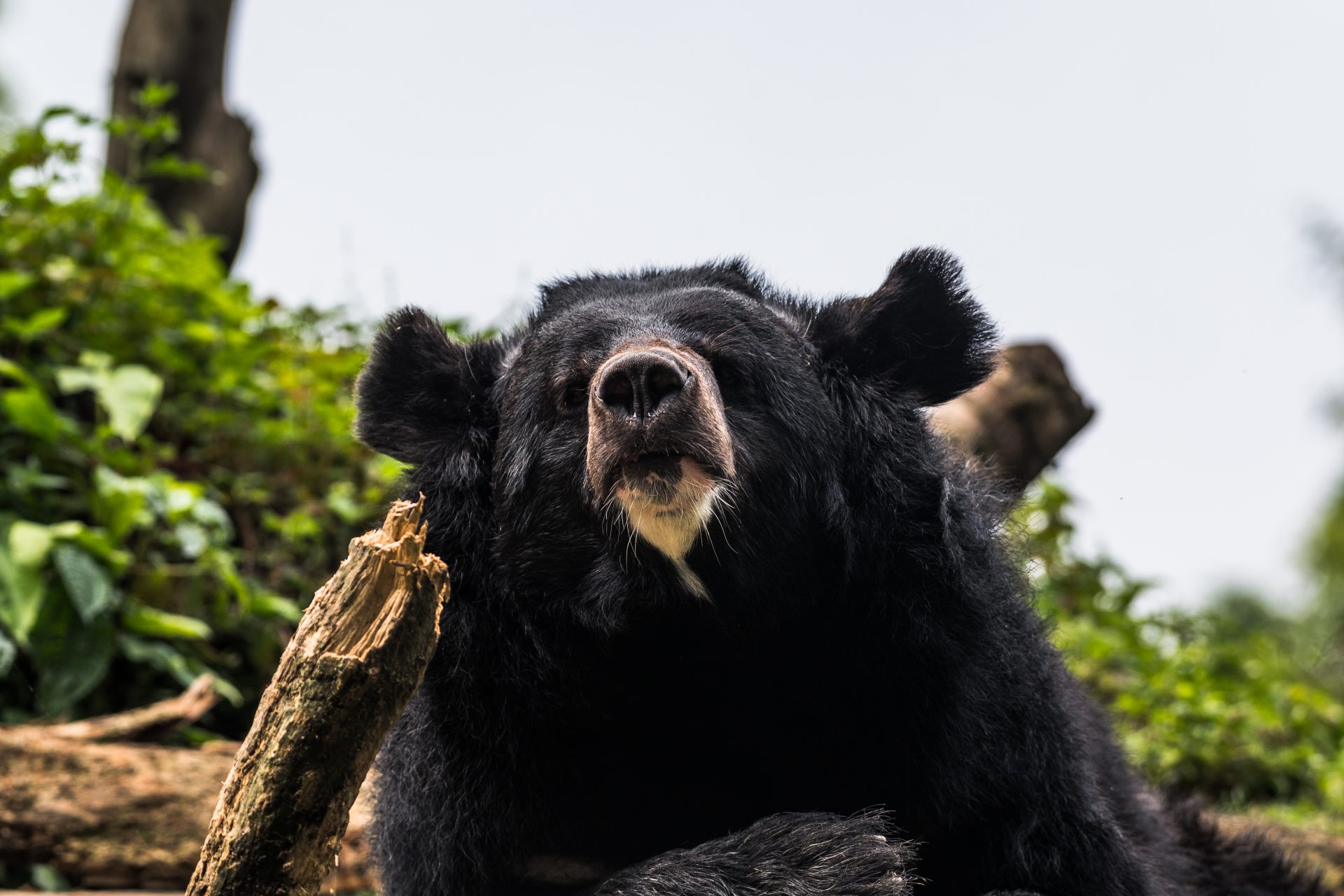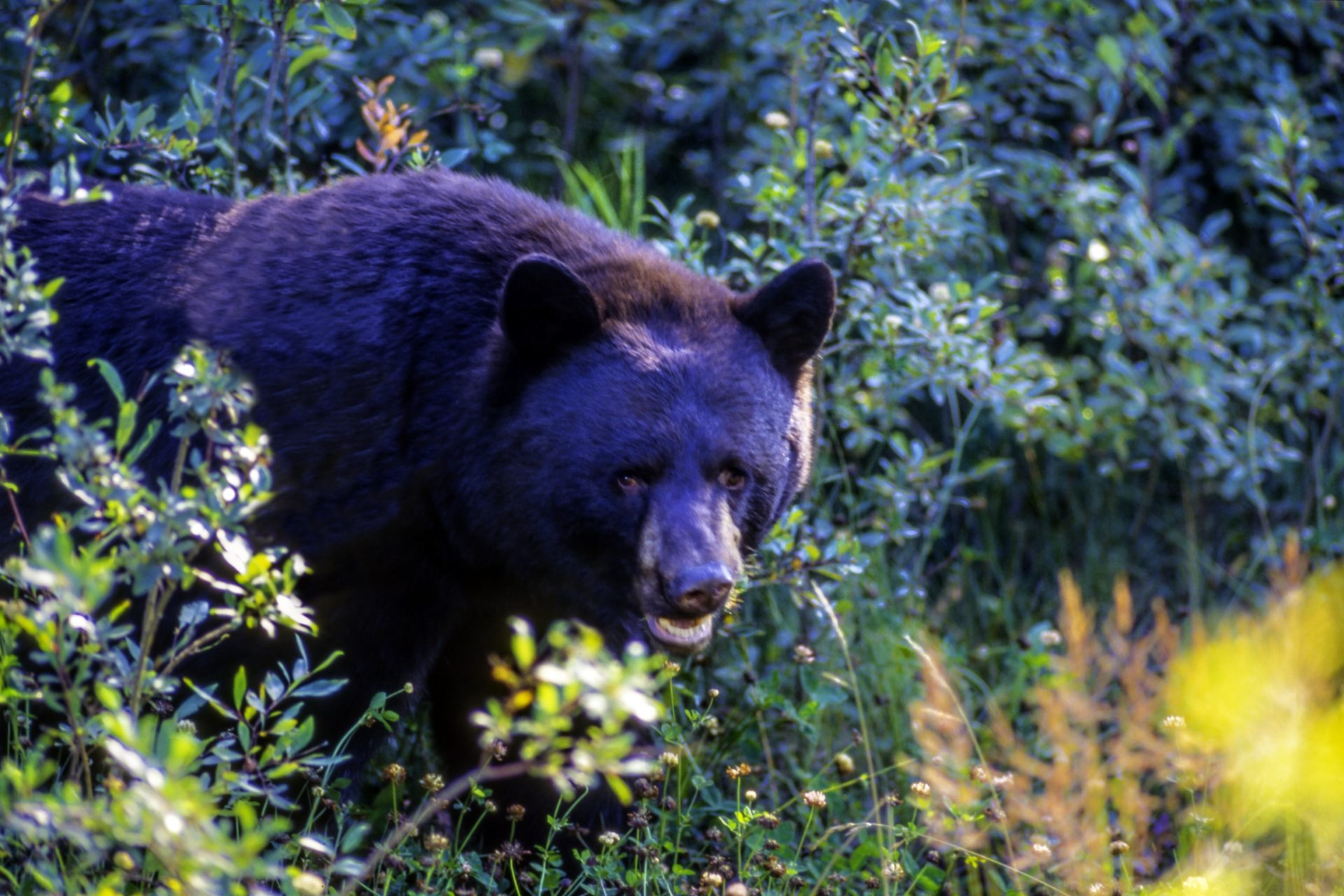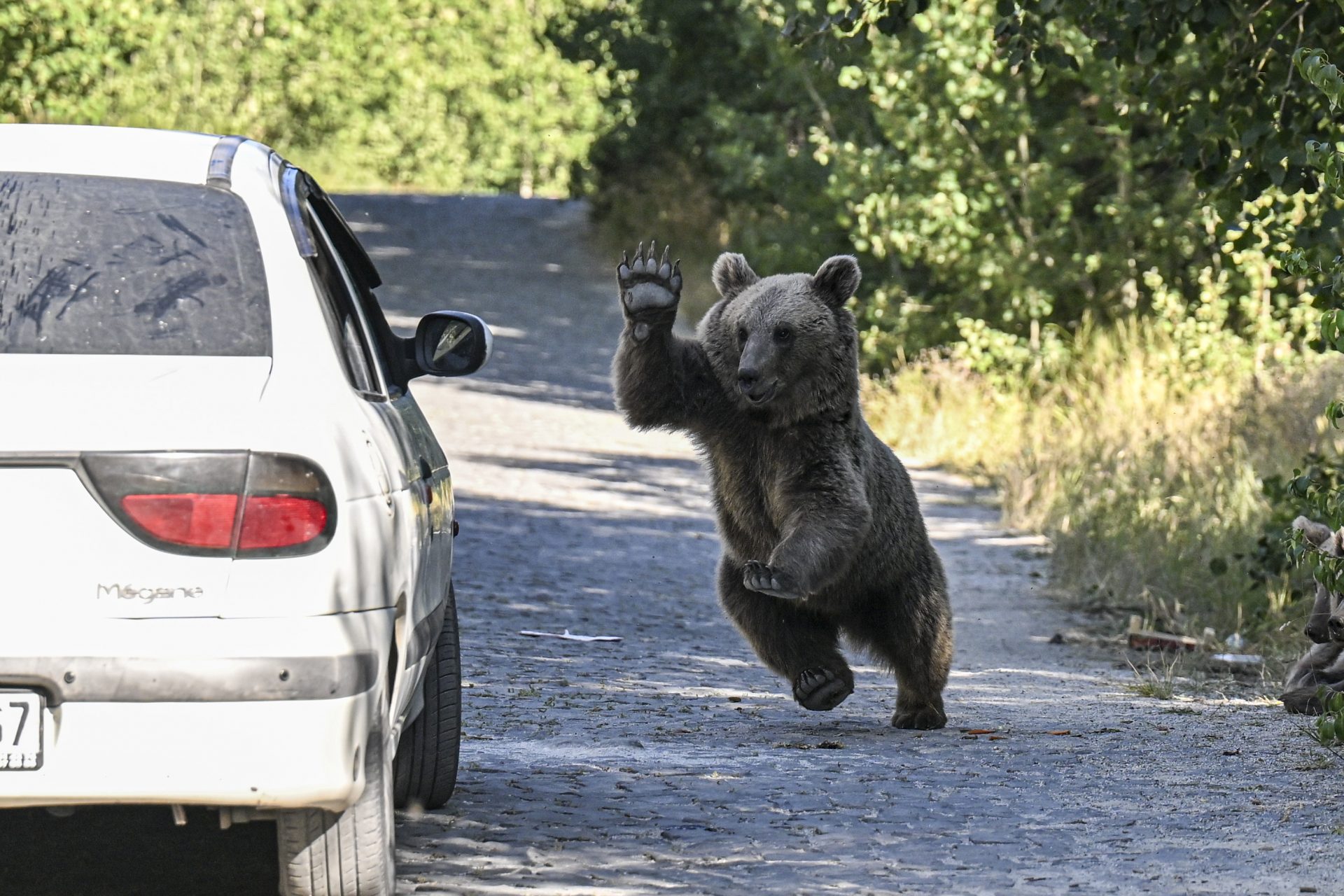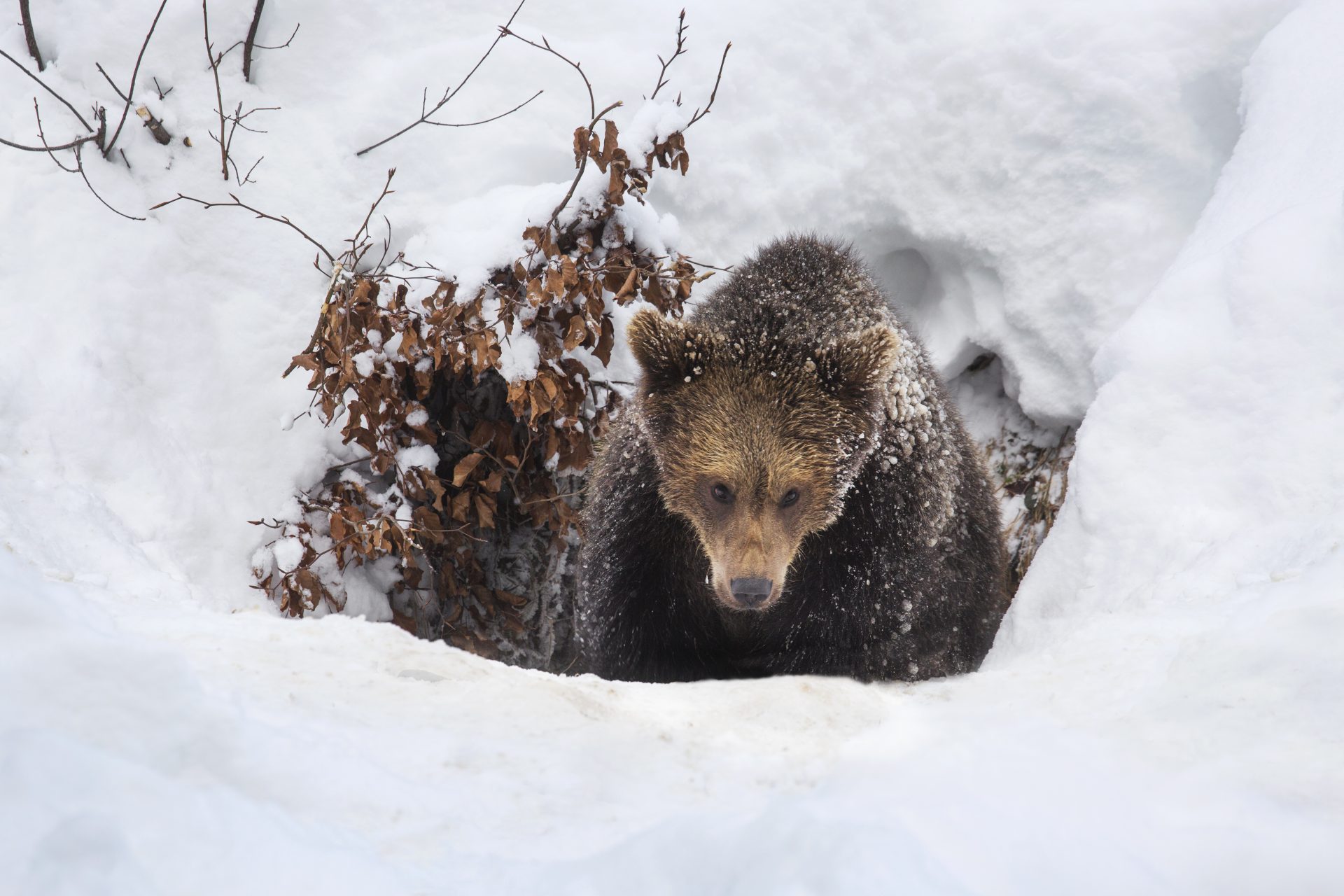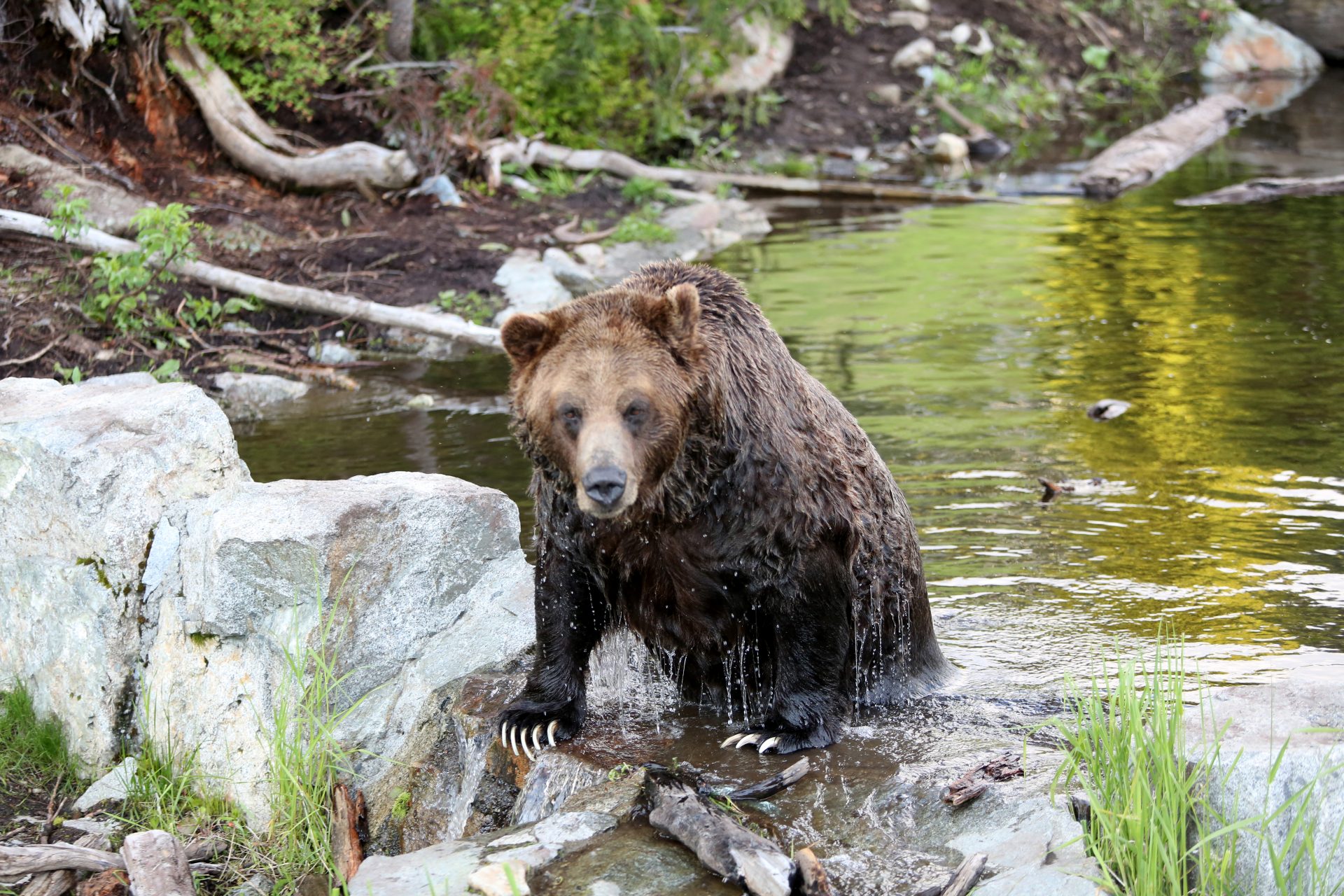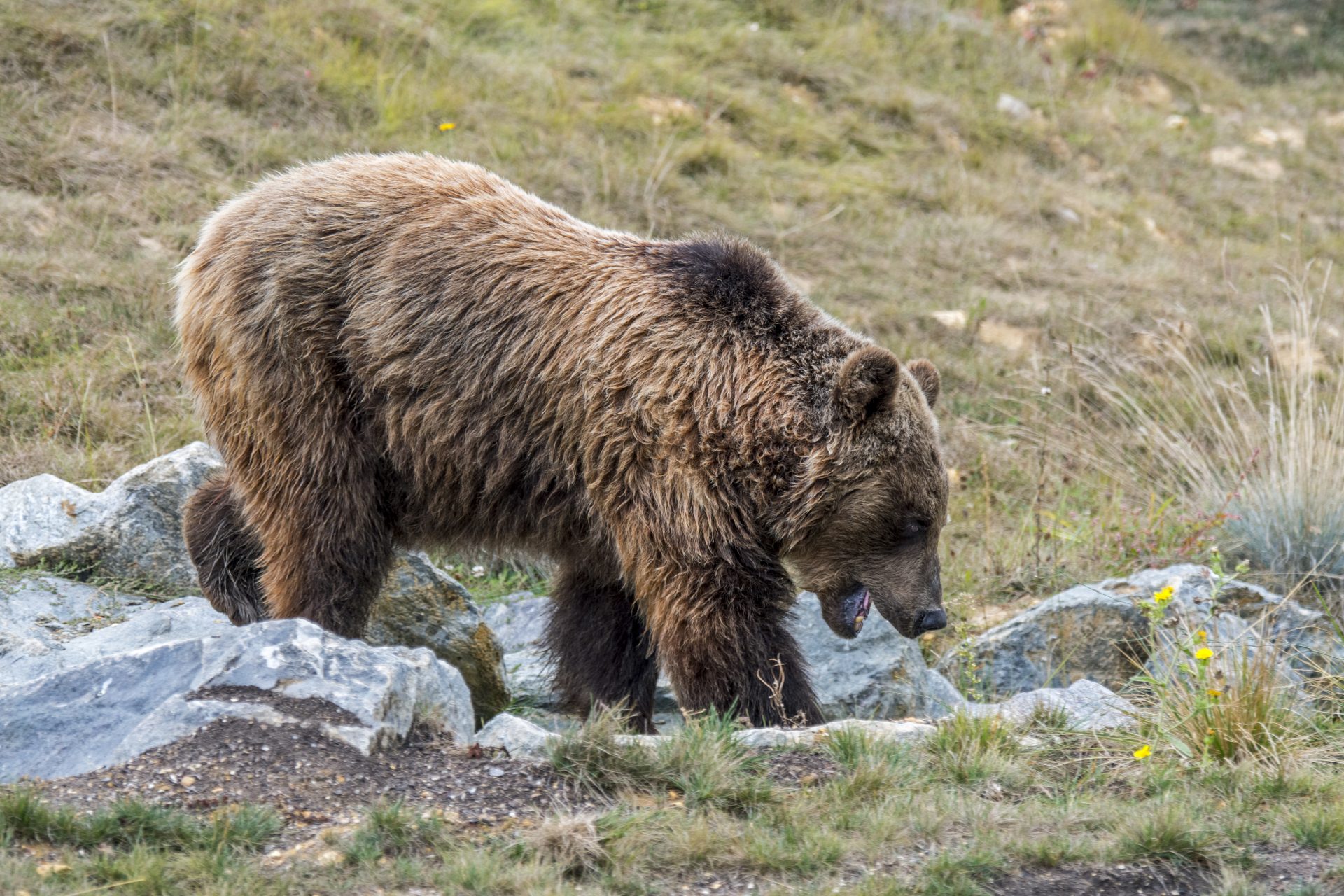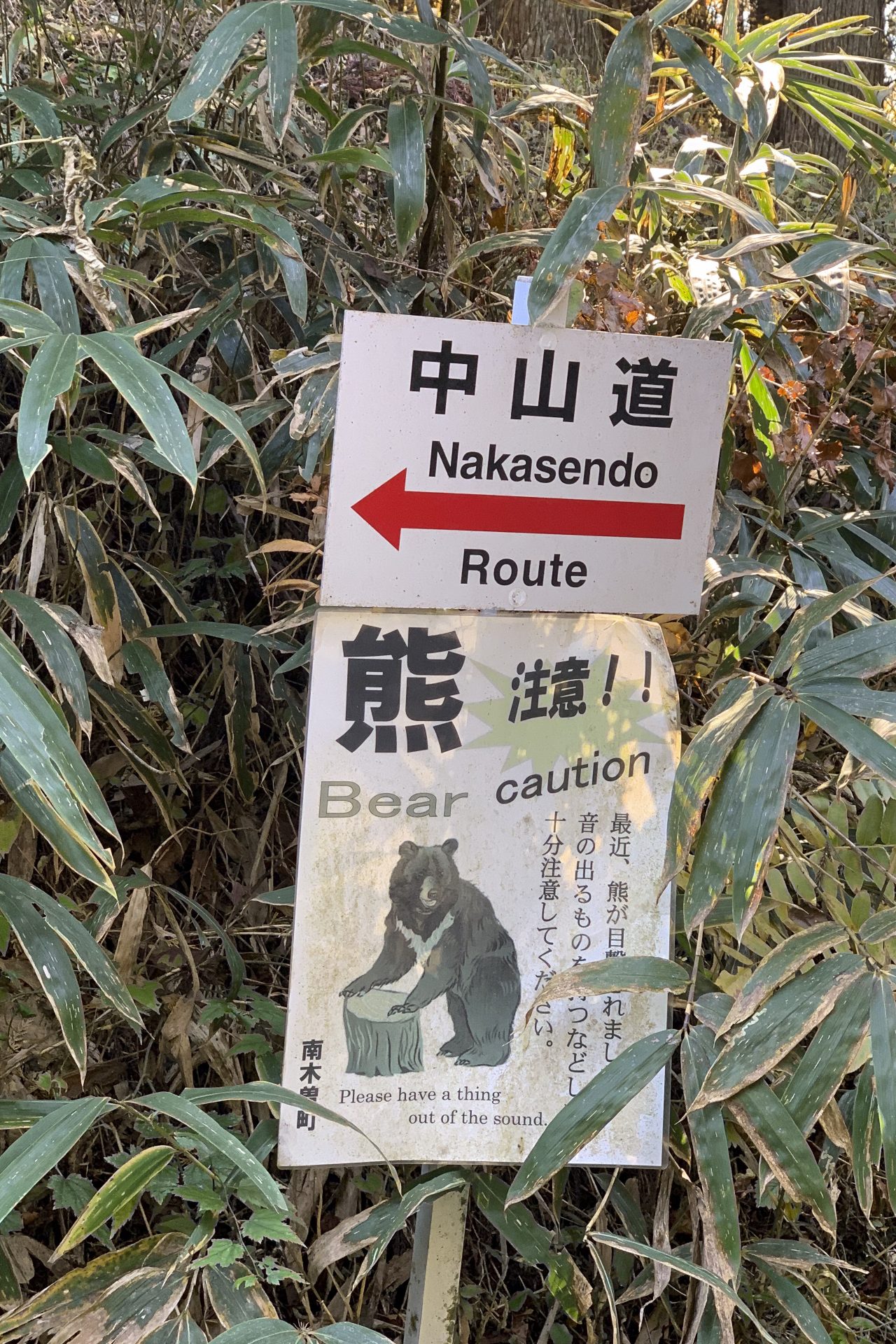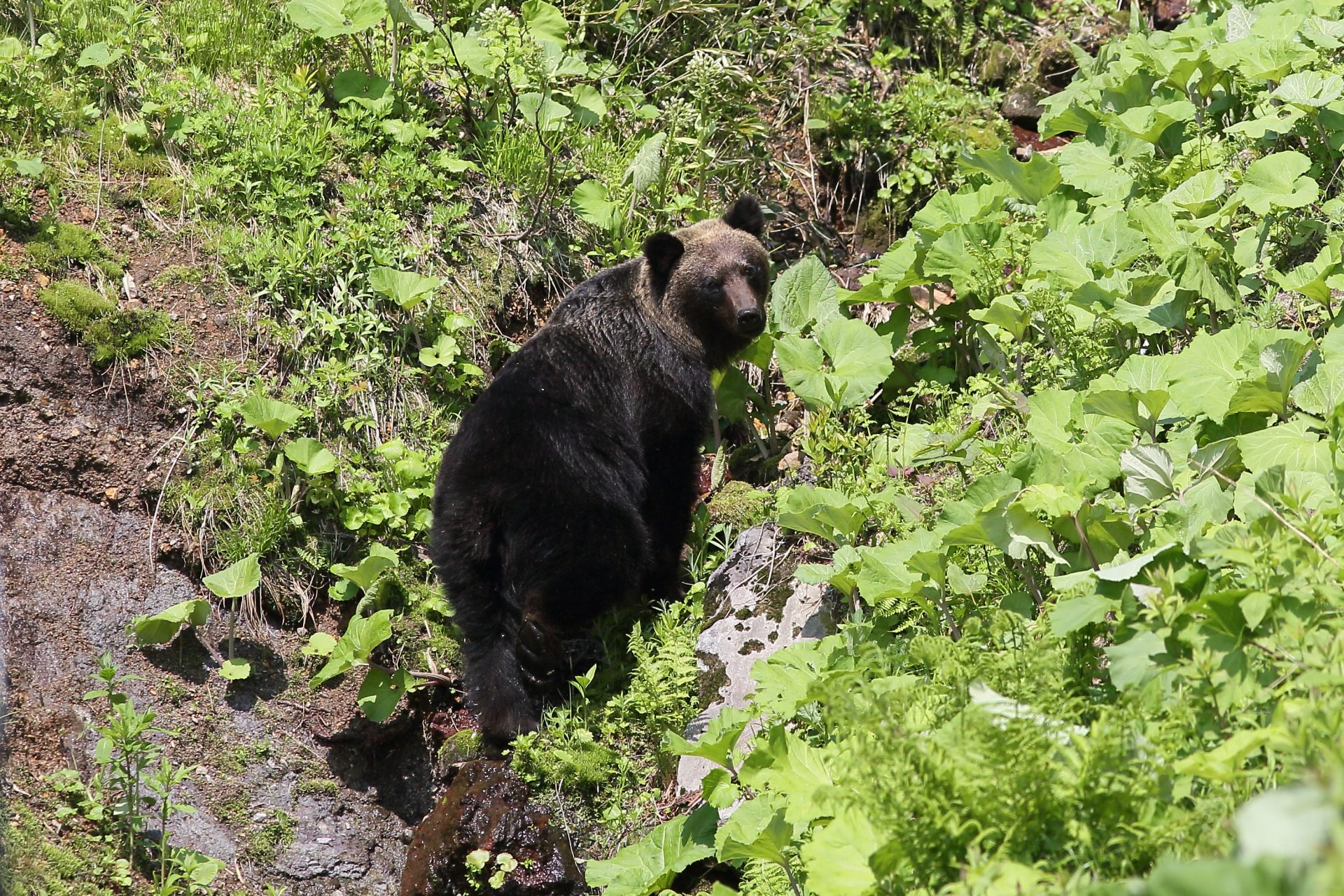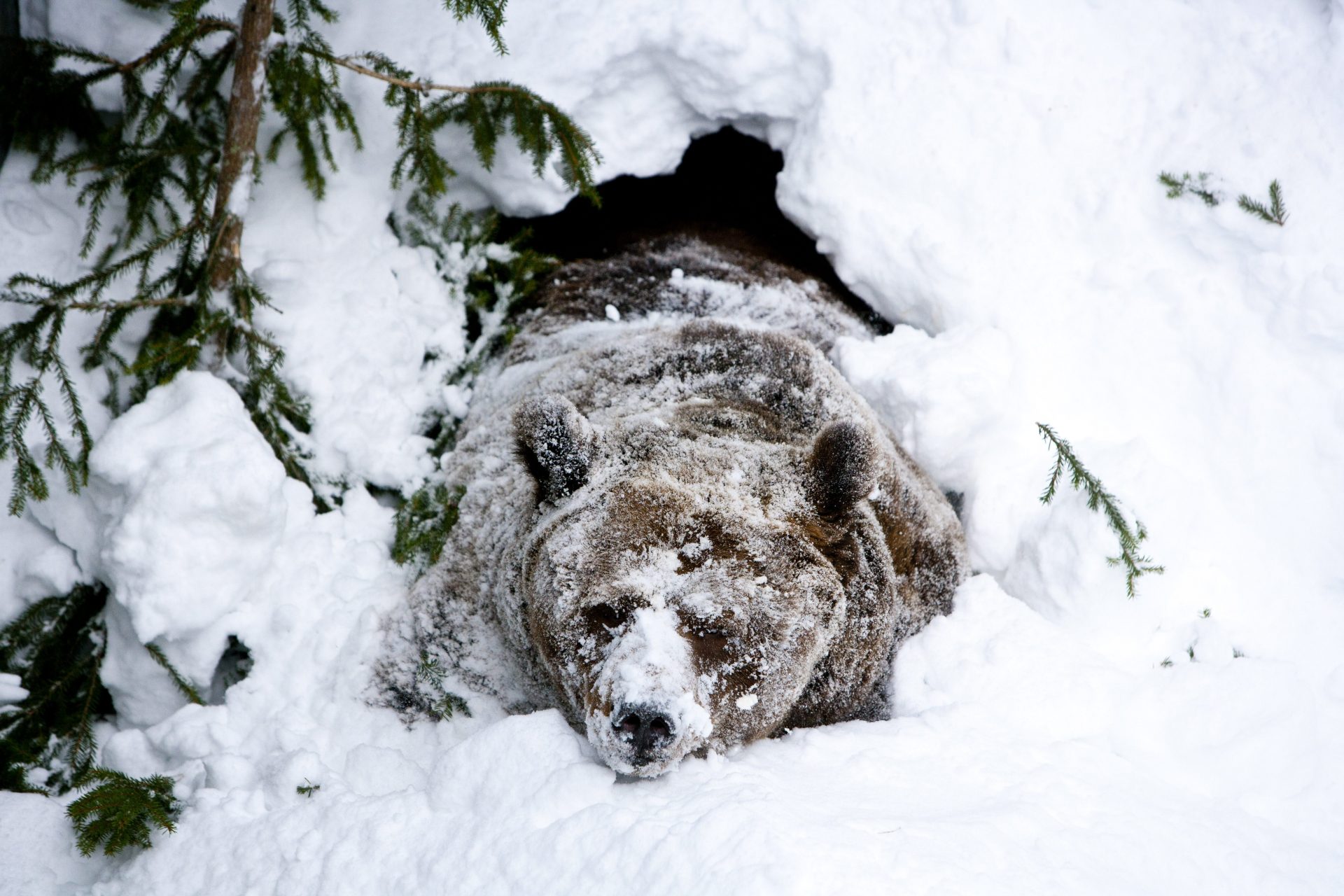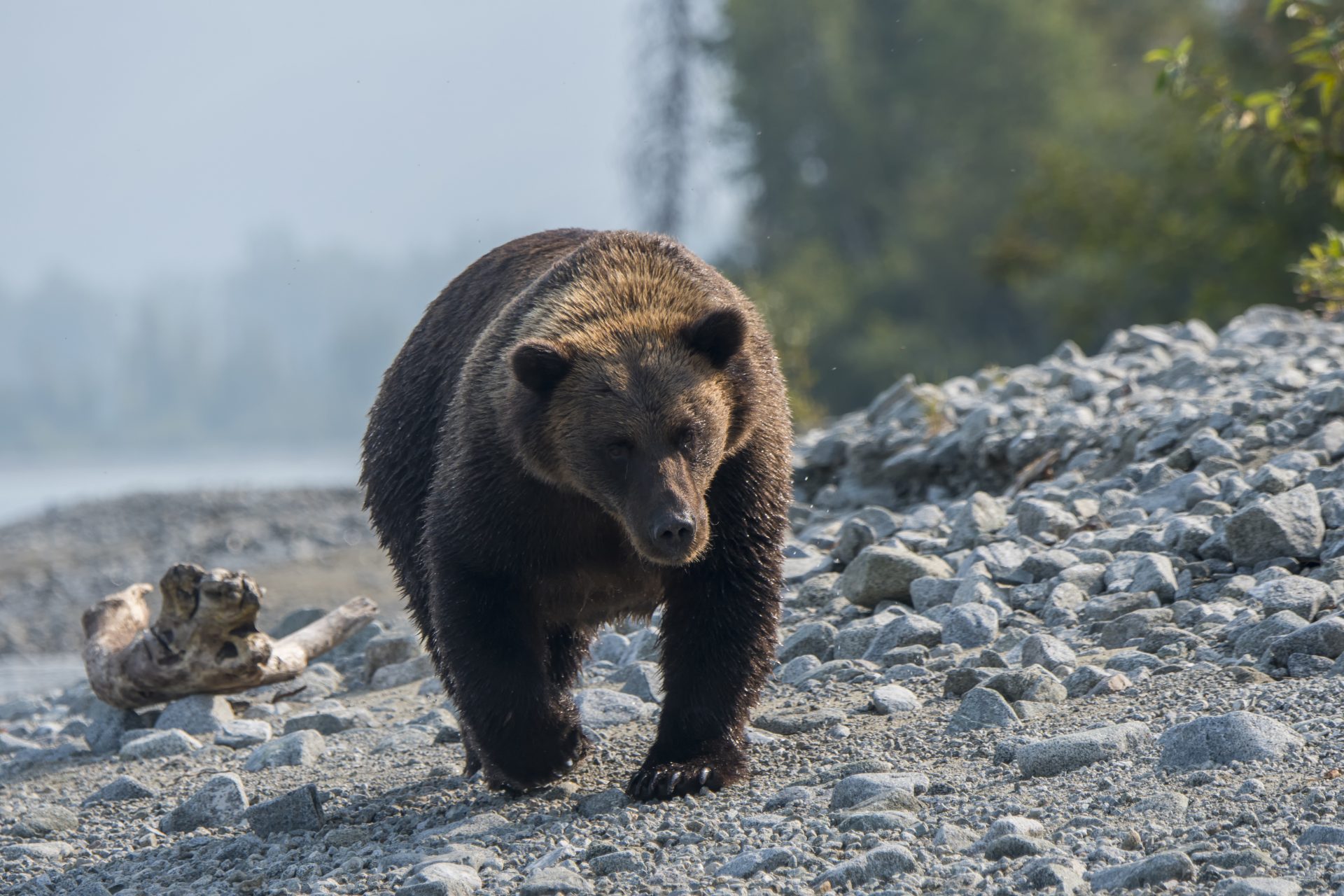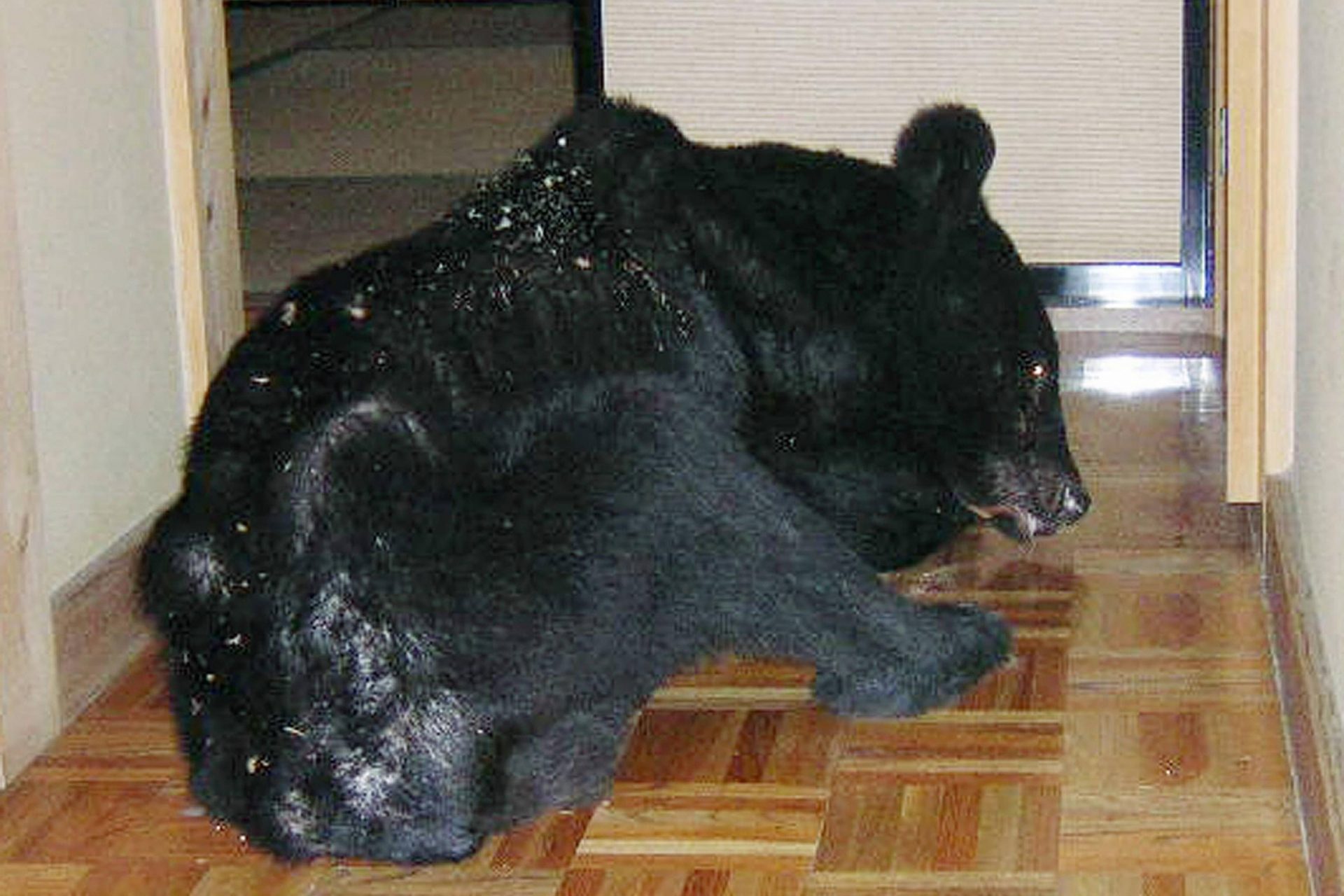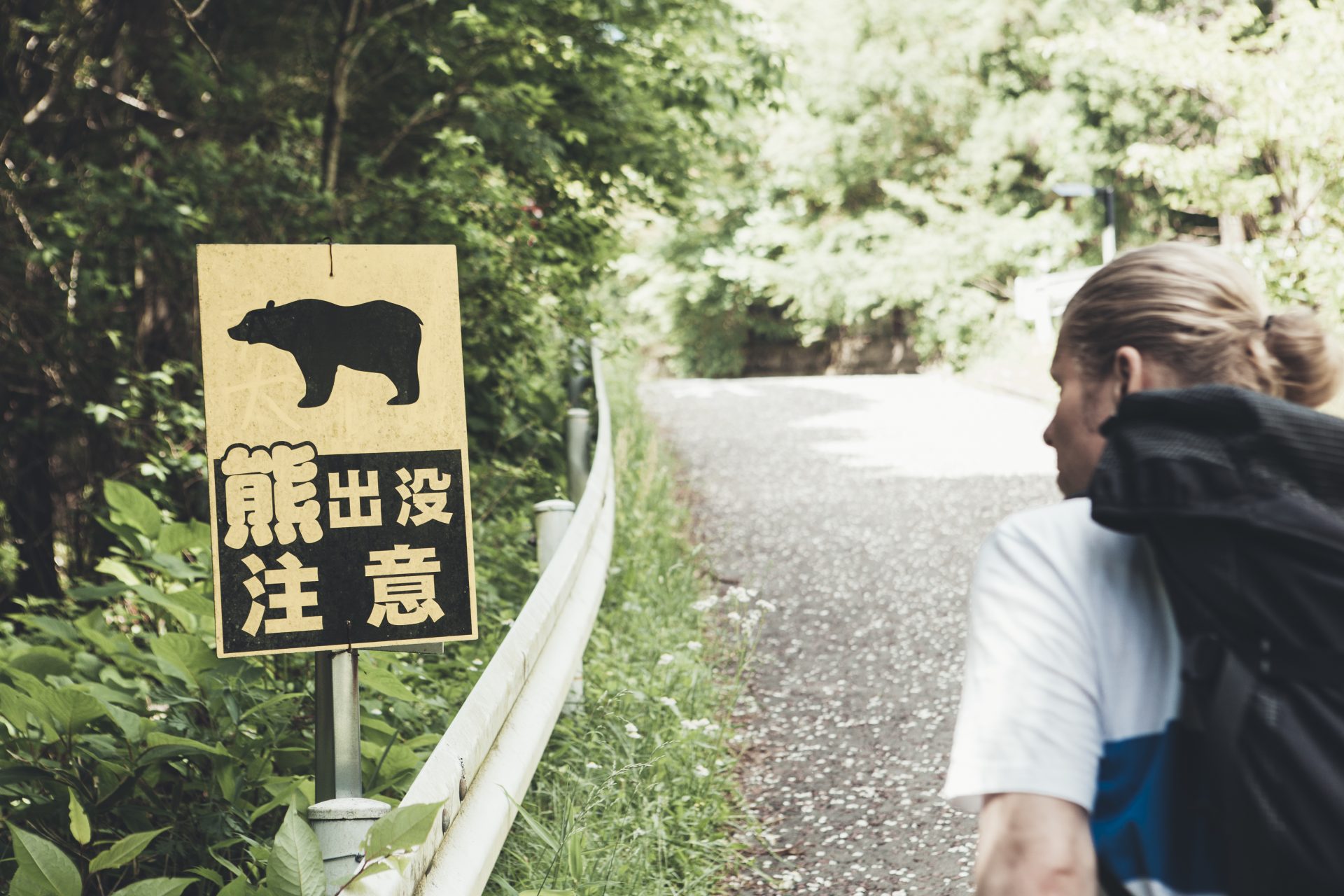Japan has a serious bear problem
When you think about Japan you don't really think about bears and bear attacks, however it is a very real problem in the country.
As reported by the BBC in recent years the bear population in Japan has experienced a revival due to the ageing and shrinking population in the country. Naturally, the rural towns and villages are the most affected by the increase in the bear population.
As a result, there has been a big increase in both injuries and deaths in Japan due to human run-ins with bears. According to the BBC, Japanese experts claim that some bears even view humans as prey now.
According to official Japanese data, from January to April of 2024 there have been a record-breaking 219 bear attacks in the country, of which six have been fatal.
As a result there has been a call from citizens for the government to revise the current law regarding shooting bears. The current law states that liscensed hunters may only fire their guns at a bear if they have the approval to do so from a police officer. Hardly an ideal situation if one encounters themsevles with an agressive bear.
So, as the BBC reports the Japanese government says it will "revise the law at its next parliamentary session so the weapons can be used more freely."
Pictured: a bear trap in Japan
The hope is that if hunters find themselves in a situation where they are at risk of being injured or attacked by a bear they would be free to shoot without requesting permission.
Back in the fall of 2023 the Japanese government encouraged citizens to hunt bears in an attempt to cull the bear population in the country.
According to CNN, the Japanese Ministry of Environment reported that in 2023 a total of 212 people have survived bear attacks and six have died.
Japanese broadcaster NHK, states that in 2023 were more bear attacks than ever before, at least as far back as Japanese records go.
In fact, these attacks resulted in five citizens dying in 2023 due to their virulence, according to the aforementioned media.
With the arrival of autumn and the imminent winter hibernation, the Japanese authorities feared that the bears would increase their attacks, in search of food to store, so they took measures never seen before: paying citizens for each bear killed.
On the one hand, the Minister of the Environment, Shintaro Ito, announced that the Government would cover the costs of tracking and hunting bears carried out by local authorities, especially in northern areas such as Hokkaido, Aomori, Iwate or Akita.
Incidentally, the minister advised the population not to approach the bears in the case of sightings and to carry to carry bear spray to scare them away in case of an attack.
However, the governor of Akita, Norihisa Satake, went one step further and encouraged bear hunters to expand their work with a prize of 5,000 yen (around $34) per animal killed.
In addition, local authorities will cover the expenses involved in the hunting task, in a measure never taken before in the entire country.
The bear problem is so serious that in November 2023 Environment Minister Shintaro Ito promised extra help to the communities that are struggling the most with bears.
According to CNN in a press conference Shintaro said, "We are considering providing emergency assistance to local communities in response to their needs, such as surveying and capturing bears living in the vicinity of human settlements, taking into consideration the wishes of prefectures where human casualties due to bears are particularly on the rise."
The problem is that, in Akita prefecture alone, bear attacks on citizens tripled from 2022 to 2023. The question is, what is the reason for this unexpected increase in bear attacks?
According to experts, the lack of nuts and acorns in the bears' natural habitat, their main food, has likely led the animals to expand their radius of searching for food for hibernation, thus the bears are entering populated areas.
Associate professor Maki Yamamoto, who studies bears at the Nagaoka University of Technology in Niigata, told CNN, "Bears are expanding their home range this year and are coming down to areas near human settlements in search of food."
Unsurprisingly, climate change is a likely culprit as well. According to Tsutomu Mano, a senior research fellow at the Hokkaido Research Organization, climate change “is likely to have a significant impact on the flowering time of plants and the activity of insects responsible for pollination, which is necessary for fruiting,” as reported by CNN.
More for you
Top Stories



